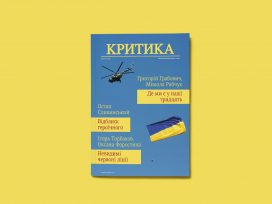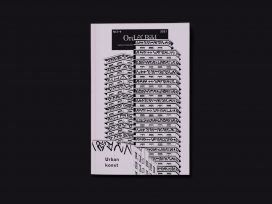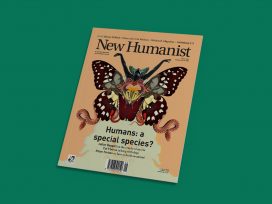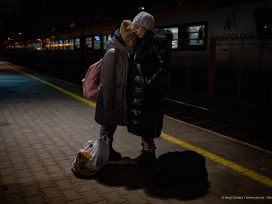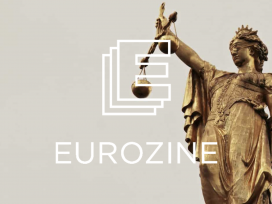In ‘New Humanist’: the social and political roots of sorcery accusation-related violence and how to stop it; and why recognizing animal sentience means respecting animals, not treating them like furry versions of ourselves.
In New Humanist, Miranda Forsyth looks at the rise of ‘sorcery accusation-related violence’ (SARV). According to the Witchcraft and Human Rights Information Network, she reports, there have been over 20,000 victims over the last decade, spread across 60 countries, with Papua New Guinea and parts of Africa and India being the most affected.
Witch-hunts are often associated with marginalized women, who suffer extreme violence, including trafficking and repeated public torture. However, SARV is also perpetrated against economic or political elites: ‘Witchcraft accusations can be a very effective tool of the powerless, given the difficulty of mounting a defence against them … socio-economic factors, including poverty, precarity, new forms of inequality and lack of trust in leaders and institutions usually play a significant role.’
Combating violence can be especially effective when managed from within, suggests Forsyth. ‘While ending impunity for those who commit violence is important, it is the exercise of leadership in families, communities and national government that is probably our best hope of advancing a non-violent future. This means creating spaces for respectful dialogue and encouraging communities to arrive at peaceful compromise.’ The United Nations Human Rights Council official recognition of SARV in July 2021 should also help.
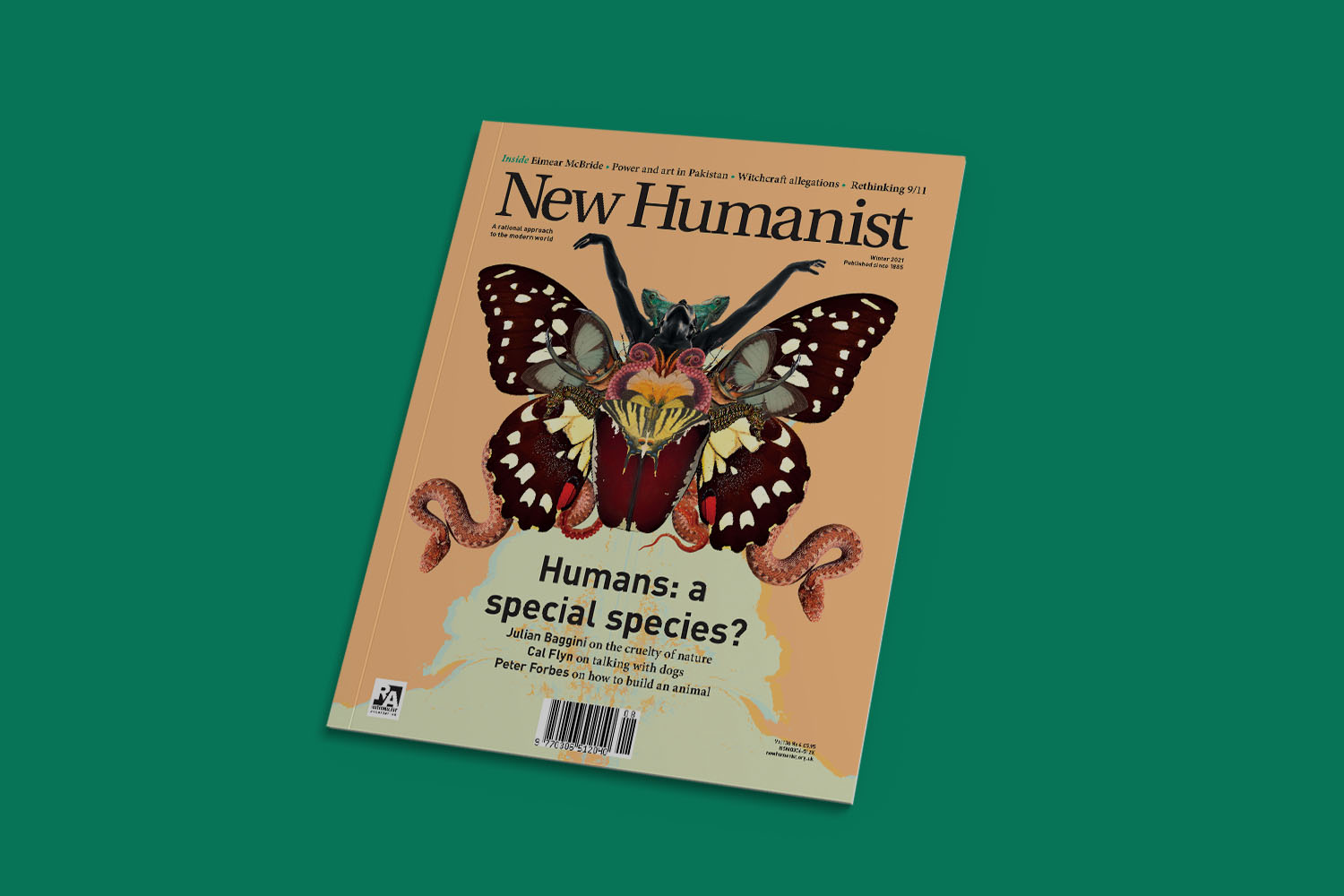
Of beasts and men
A bill on Animal Welfare is currently making its way through the British parliament. If passed, non-human vertebrates would be recognized as sentient. But would this mean that animals have the same or similar rights to humans? No, argues Julian Baggini. ‘This assumes that the basis of human rights is sentience, pure and simple.’ In western religion and philosophy, however, the crucial moral distinction ‘has not been between sentient and non-sentient life, but between humans, who have reason and/or souls, and other animals, who do not.’
In evolutionary terms, being at the top of the food chain appears to legitimize our right to kill. As Hume recognized, humans ‘are largely propelled by unconscious processes, cognitive short cuts and instincts’. However, ‘animals do all sorts of cruel things and that cannot justify us doing the same’.
Although the failure to respect animal sentience leads to treating livestock like meat machines, ‘a growing minority think of animals as though they were cuddly versions of ourselves – creatures who deserve a long life and for whom death at anything other than an old age is a tragedy rather than a common fact of life’.
Preferable would be a reassessment of how we treat animals. ‘To truly value sentience requires just two things. The first is never to cause more suffering to anything than is necessary. What should appall us is not that we eat the other animals but that we often keep them in such dreadful conditions before putting them out of their misery. The second is to treat them with the same reverence that traditional hunters, pastoralists, farmers and fishers have. We need to respect animals for the fleeting eruptions of consciousness that they are, not as though they had human-like life projects that we have cruelly cut short.’
This article is part of the 18/2021 Eurozine review. Click here to subscribe to our weekly newsletter to get updates on reviews and our latest publishing.
Published 18 November 2021
Original in English
First published by Eurozine
© Eurozine
PDF/PRINTNewsletter
Subscribe to know what’s worth thinking about.
Related Articles
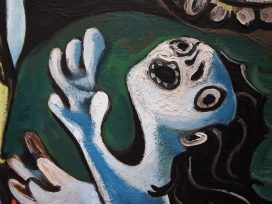
The Soviet legacy of rape and denial
The crimes of Bucha have a long history
The use of rape as a weapon of war is not new. The army that terrorizes civilians and targets women today in Ukraine is the same one that has never had to reckon with its own horrific World War II crimes.
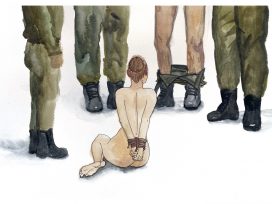
Defined by silence
The Ukrainian art that was destroyed – and the art that never happened
Ukrainian artists are struggling to invent a new language to express their experience of the war, one that goes beyond tropes and commonplaces. Some of them frantically document, others reflect in hurried sketches while on the run with their kids. Many artists don’t create at all – they are on the frontlines.
